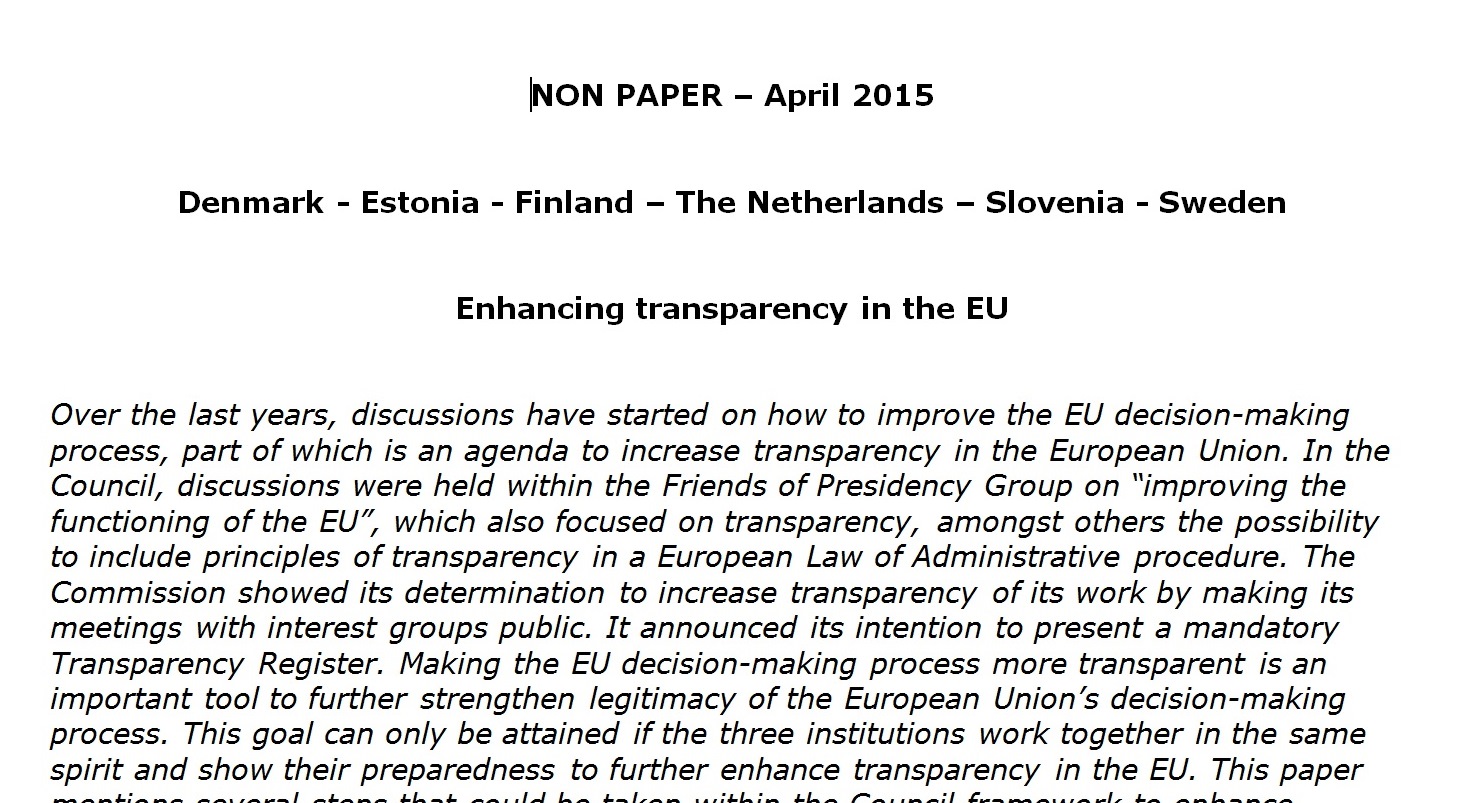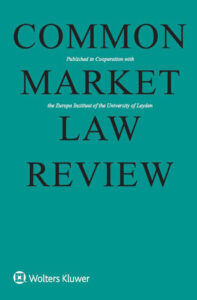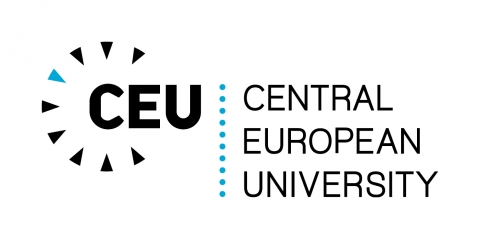
Photo: European Parliament (via EUObserver.com)
Today European Ombudsman O’Reilly presented the outcomes of her own-initiative inquiry of the transparency of Council preparatory bodies in the negotiation of EU legislative acts. Significantly, the Ombudsman found instances of maladministration, which signifies the strongest sanction her office can provide.
The European Ombudsman’s concludes her inquiry with the observation that the current way in which the legislative procedure in the Council is set out, it is impossible for citizens to have timely access to sufficient information on the general development of legislative dossiers and specific inputs offered by the different member states. The Ombudsman concludes that:
“[T]he Council of the EU – through practices that inhibit the scrutiny of draft EU legislation – undermines citizens’ right to hold their elected representatives to account. This constitutes maladministration.”



 Does transparency come at the expensive of efficient decision-making? The case for a trade-off between and open and efficient decision-making has certainly been made on innumerable occasions. But whether it is in fact well grounded has, surprisingly, been subjected to rather limited systematic scrutiny.
Does transparency come at the expensive of efficient decision-making? The case for a trade-off between and open and efficient decision-making has certainly been made on innumerable occasions. But whether it is in fact well grounded has, surprisingly, been subjected to rather limited systematic scrutiny.